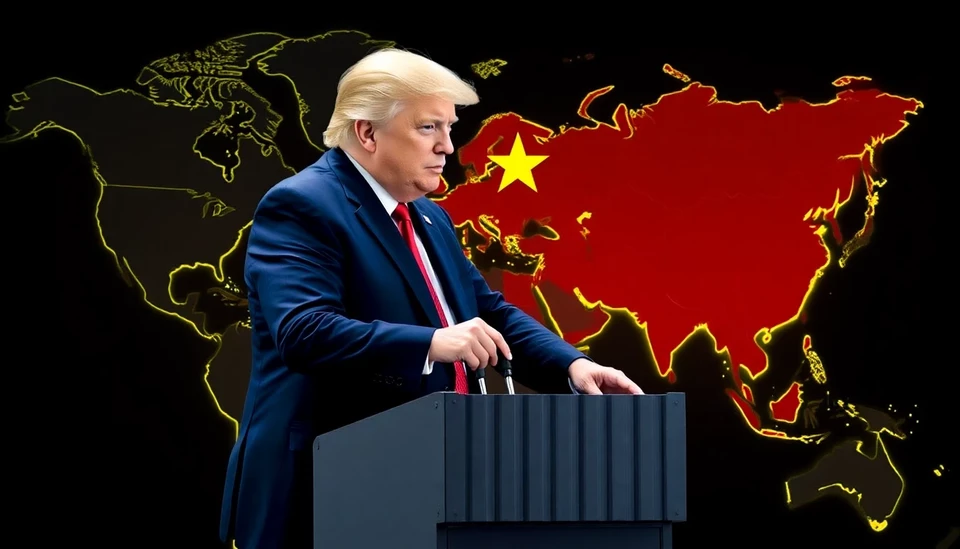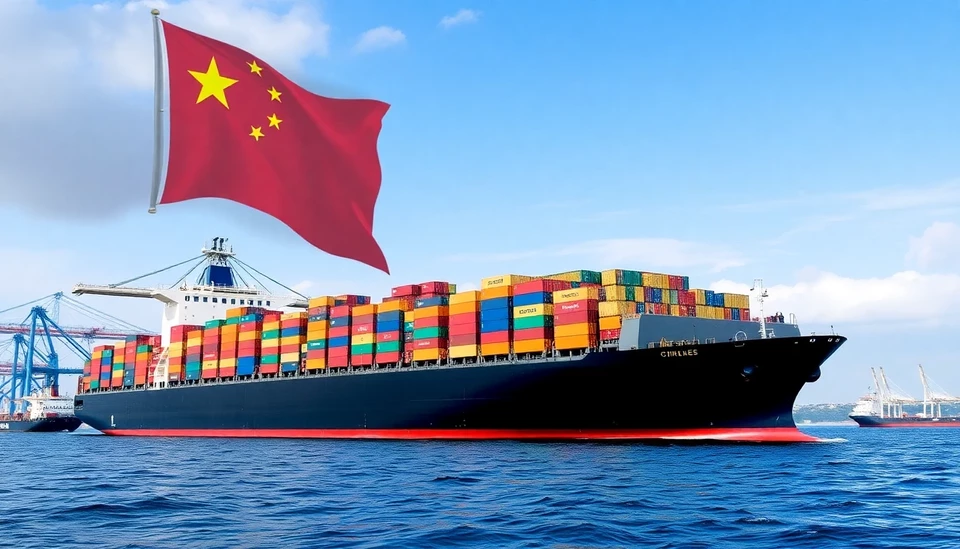
In a significant policy shift, former President Donald Trump has announced an increase in shipping fees on imports from China, a move expected to impact global shipping companies profoundly. This directive, which aims to accelerate the reduction of the trade deficit with China, has sparked widespread discussion among economists and industry leaders, with many speculating about its potential consequences on both domestic and international markets.
The newly implemented fees, which target a range of goods transported via maritime routes, represent a strategic maneuver to bolster American manufacturing and create a more favorable trade balance. While the Trump administration claims that this is a necessary step to protect U.S. interests, critics have pointed to the potential for higher costs for consumers and strain on supply chains that rely heavily on Chinese imports.
Major shipping giants, including Maersk and MSC, have begun to assess the implications of the increased costs associated with these new fees. They are concerned that the rising freight charges may disrupt established trade routes and influence shipping rates globally, leading to escalated prices for goods that American consumers rely on daily.
Industry analysts have warned that if the fees are set too high, it could provoke a consequential rippling effect throughout the global economy. Importers may face difficult decisions regarding whether to absorb the additional costs or pass them on to consumers, potentially leading to inflationary pressures in the U.S. economy. The already complex logistics of global supply chains may become even more challenging as companies navigate the new financial landscape.
This move also re-ignites discussions regarding the relationship between the U.S. and China. With tensions having flared in various sectors, many are questioning whether the increase in shipping fees will lead to retaliatory measures from Chinese authorities, further complicating international trade dynamics.
In response to the policy announcement, some advocacy groups have voiced their concern over the long-term ramifications. They argue that while supporting domestic industries is essential, the strategy should not come at the cost of stifling free trade or destabilizing existing international relationships. These voices emphasize the need for a balanced approach that encourages fair competition without harmful repercussions for consumers and businesses alike.
As the shipping companies begin to adapt to this new reality, the dialogue around U.S.-China trade relations and their impact on global economics continues to unfold. Stakeholders across various sectors will undoubtedly be watching closely, as the full effects of these shipping fees will likely resonate long beyond their initial implementation.
#TrumpShippingFees #GlobalTrade #ChinaImportFees #EconomicImpact #SupplyChainChallenges #USChinaRelations
Author: Daniel Foster
